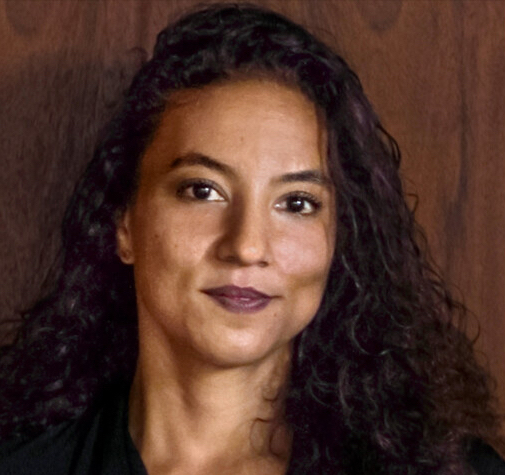Elizabeth Hinton gives latest “Democracy in America” lecture
Hinton joined professor Matthew Jacobson in conversation to speak about her latest book, "America on Fire: Police Violence and Black Rebellion since 1968.”

Yale News
On Tuesday, Elizabeth Hinton — professor of history, African American studies and law — spoke about improved class equality yet enduring racism in the form of mass incarceration in the U.S.
The Democracy in America program, run by the New Haven Free Public Library and Yale’s Public Humanities program, regularly invites expert speakers to discuss various topics relating to politics and democracy. In Tuesday’s segment, Hinton joined professor and co-director of the Public Humanities program Matthew Jacobson in a public conversation over Zoom. She spoke on the research behind her most recent book, “America on Fire: The Untold History of Police Violence and Black Rebellion Since the 1960s.”
Jacobson began the event by asking attendees a question: “What is the post-post civil rights era?” he said. “Have we figured out what it means?”
Hinton’s definition addressed a “society that is deeply divided” but with certain conditions that are more equitable than they were.
“We have greater class equality … yet racism is as, if not more, insidious,” Hinton said.
She explained that, while public racism is widely considered unacceptable, large numbers of Black and brown people are “warehoused and locked up” due to mass incarceration.
Hinton identified the Kerner Commission, a presidential commission established by former President Lyndon B. Johnson in 1967, as a “missed opportunity in our history.” After seven months of work, the commission produced a report that recognized the role of white supremacy in sparking rebellion and identified socioeconomic circumstances which exacerbated people’s discontent.
Hinton added that, if Johnson had been serious about ending the rebellions, his administration would have mobilized job creation, improved public schools and transformed public housing in cities. Instead, she said, Johnson invested more in police, surveillance and incarceration.
“This has not worked to keep vulnerable people safe [and has] cost a ton of money,” Hinton said. “If we are serious about safety, [we need] a different set of investments outside of law enforcement.”
Jacobson went on to ask Hinton about the kinds of crimes that were targeted by police.
Often, Hinton responded, police arrests were made for “ordinary everyday activity.” She connected this cycle of “police violence and Black rebellion” to the result of the “war on crime,” under the strategy that “the best way to prevent future crime is to initiate contact with ‘potential criminals’ or ‘potential delinquents.’”
These communities, she said, were low-income communities of color. Residents were treated as “potential criminals” and their response was “to fight back.”
When a member of the audience asked about the policy of stop-and-frisk — a New York City practice allowing police officers to detain, question and at times search civilians and suspects on the street based on “reasonable suspicion” — Hinton called attention to the fact that it did not deter crime. Instead, she called the policy a “fundamental failure of the white imagination.”
Hinton added that the stop-and-frisk policy created a relationship with the government “based on alienation.”
Hinton also spoke to the role the University and Yale students could play in the discussion surrounding wealth redistribution and police violence.
“Thinking beyond police,” Hinton said, “what can Yale do to better facilitate a more equitable distribution of resources in New Haven?”
The New Haven Free Public Library is located at 133 Elm St.







